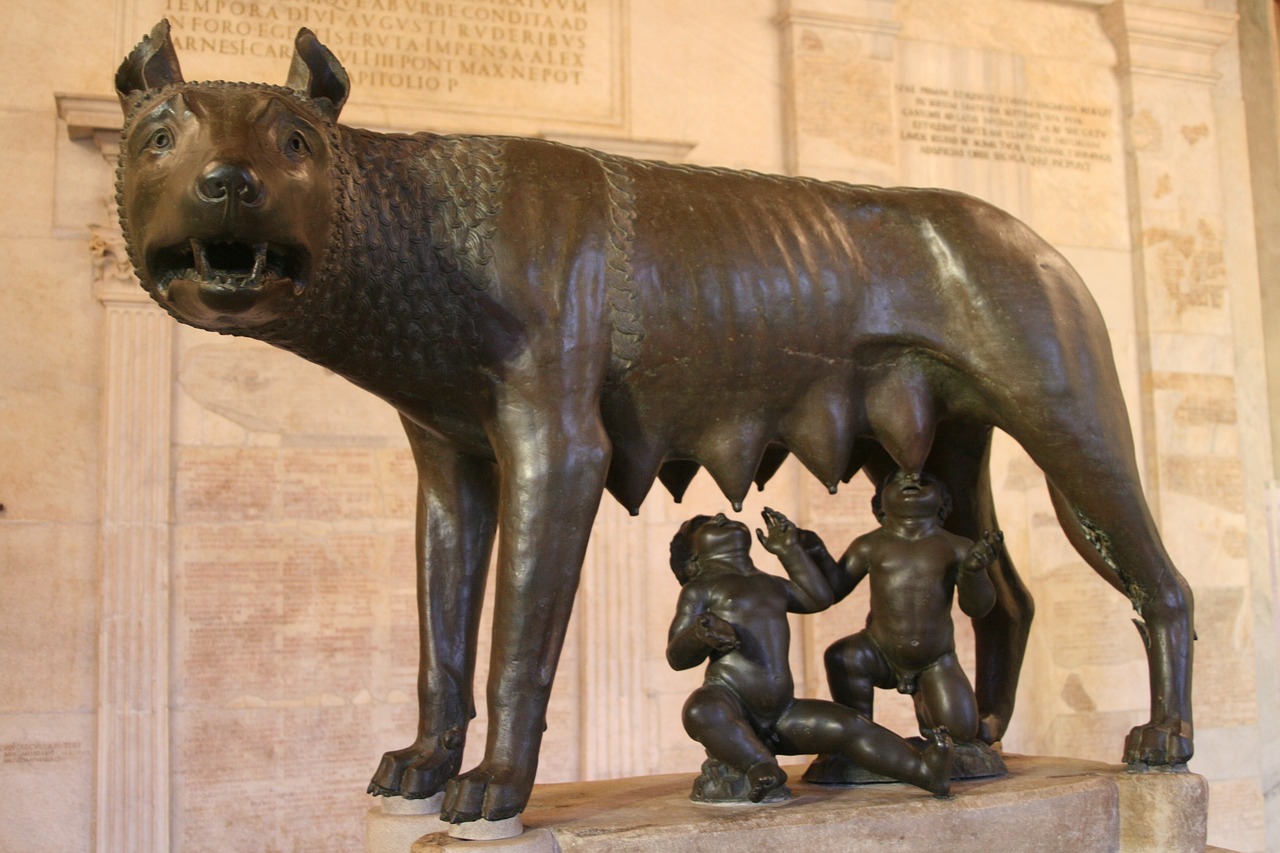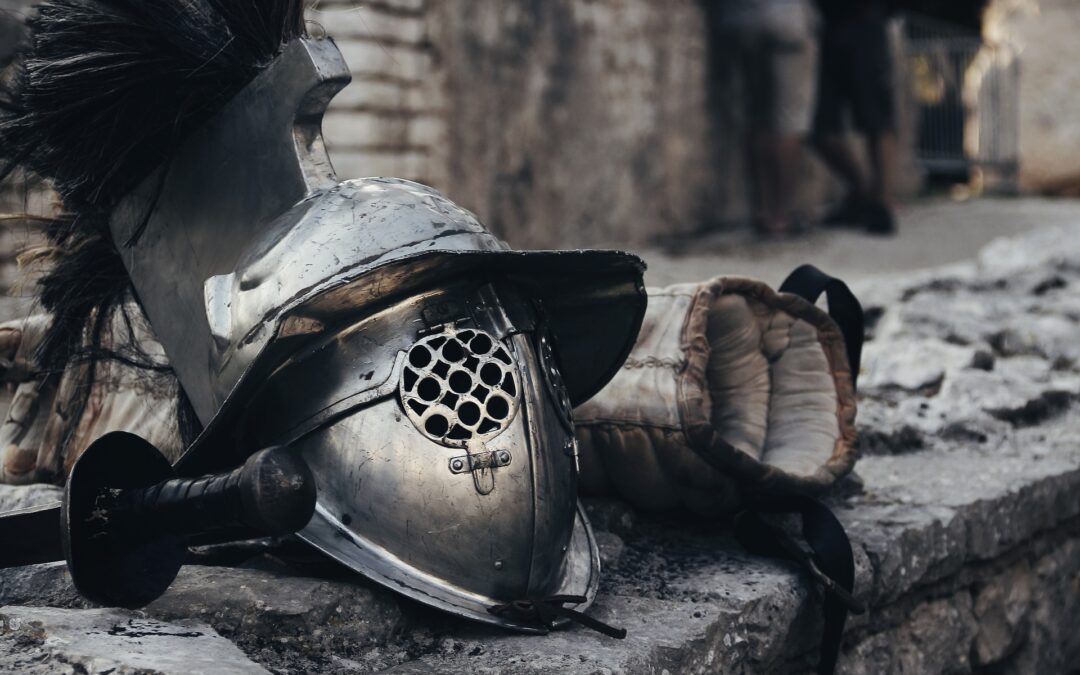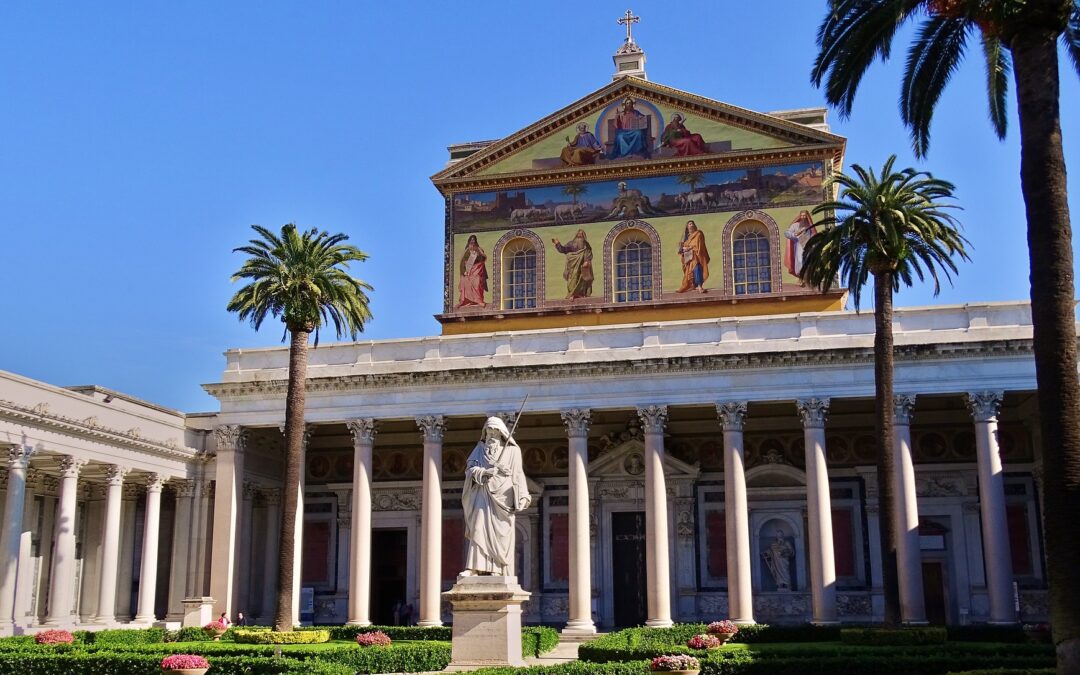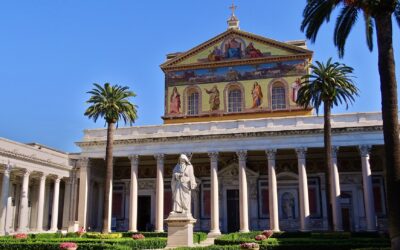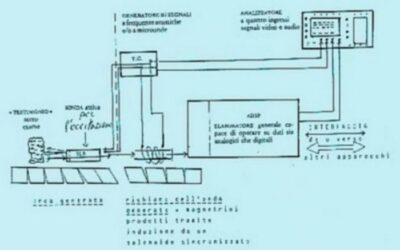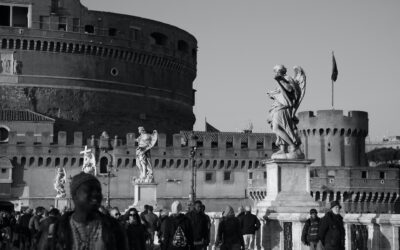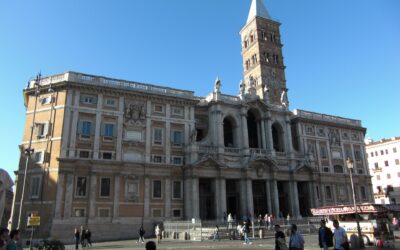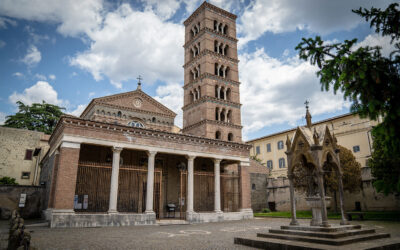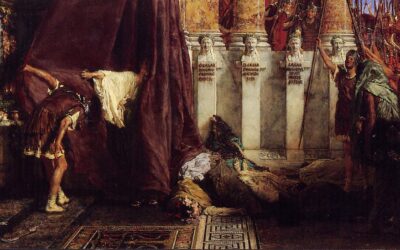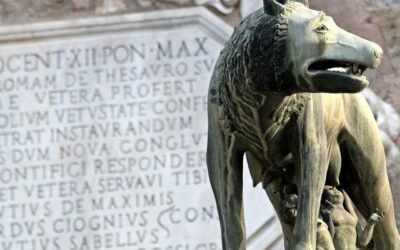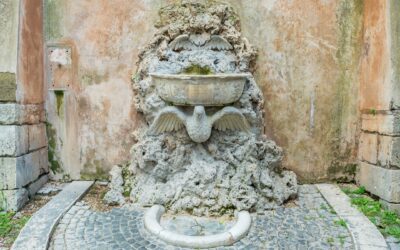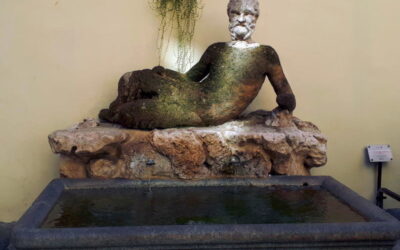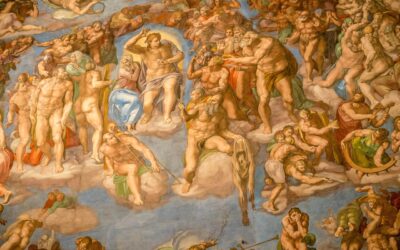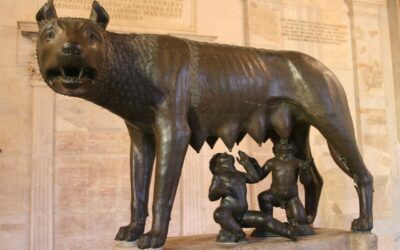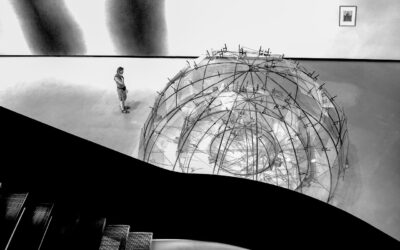The history of ancient Rome is filled with legends and tales of its early days when the city was ruled by seven kings. These legendary figures played a crucial role in shaping the destiny of Rome and laying the foundation for its future as one of the greatest empires in history. In this essay, we will delve into the lives and accomplishments of the seven kings of Rome, exploring their reigns and their significance in the city’s early history.
The first king of Rome was Romulus, the legendary founder of the city. According to Roman mythology, Romulus and his twin brother Remus were abandoned and left to die as infants but were miraculously saved and raised by a she-wolf. As they grew older, Romulus and Remus decided to build a city near the Tiber River. However, a disagreement arose between them, and Romulus killed Remus, becoming the sole ruler of the new city. Romulus established the political, social, and military framework of Rome, including the division of the population into tribes and the creation of the Senate. He also presided over the expansion of Rome’s territory through conquest.
Following Romulus, the second king of Rome was Numa Pompilius, a wise and peaceful ruler. Numa was renowned for his piety and his close relationship with the gods. He introduced religious and legal reforms that shaped Roman society. Numa created a priesthood and established the Vestal Virgins, a group of women dedicated to the goddess Vesta. He also instituted the religious calendar and built numerous temples. Numa’s reign was characterized by a focus on law and order, and he laid the groundwork for the religious and legal institutions that would shape Rome for centuries to come.
The third king of Rome was Tullus Hostilius, a more militaristic ruler than his predecessor. Tullus was known for his aggressive expansionist policies and his emphasis on military strength. Under his reign, Rome engaged in several wars and conquests, including the destruction of Alba Longa, a rival city. Tullus also reorganized the Roman army into legions, each consisting of several thousand soldiers, and introduced military discipline and training. His rule marked a significant shift towards a more aggressive and expansionist Rome.
Ancus Marcius, the fourth king of Rome, was a wise and just ruler who focused on expanding Roman territory through diplomacy rather than warfare. He established colonies and built fortifications to protect Rome from external threats. Ancus also expanded Rome’s infrastructure, constructing the first bridge across the Tiber River and draining the marshes surrounding the city. He promoted trade and commerce and fostered good relations with neighboring cities. Ancus Marcius is remembered as a builder and a peacemaker who consolidated Rome’s position as a regional power.
The fifth king of Rome was Lucius Tarquinius Priscus, also known as Tarquinius the Elder. He was an Etruscan ruler who came to power through political maneuvering and the support of the nobility. Tarquinius was an ambitious king who expanded Rome’s influence through military victories. He undertook major public works projects, including the construction of the Circus Maximus and the Cloaca Maxima, Rome’s sewer system. Tarquinius also introduced the Etruscan tradition of holding games and spectacles as a means of entertaining the populace. His reign brought both prosperity and cultural influence to Rome.
Servius Tullius, the sixth king of Rome, was a remarkable ruler who implemented political reforms that had a lasting impact on the Roman Republic. Servius introduced the Census, a systematic counting of the Roman citizens, which served as the basis for determining social and military responsibilities. He divided the population into classes and established a new system of government based on wealth and social standing. Servius also fortified the city with a protective wall known as the Servian Wall, which defined the limits of Rome for centuries. His reign marked a significant step towards a more organized and structured society.
The seventh and final king of Rome was Lucius Tarquinius Superbus, also known as Tarquinius the Proud. Tarquinius was an oppressive and tyrannical ruler who ruled with an iron fist. His reign was characterized by corruption, nepotism, and the abuse of power. Tarquinius undertook ambitious construction projects, such as the Temple of Jupiter Optimus Maximus and the Capitoline Hill. However, his arrogance and despotic rule ultimately led to his downfall. The people of Rome, tired of his tyranny, rebelled against him, leading to the establishment of the Roman Republic and the end of the monarchy.
In conclusion, the seven kings of Rome played a crucial role in the early history of the city. From Romulus, the legendary founder, to Tarquinius the Proud, the despotic ruler, each king left a lasting impact on the development and growth of Rome. Their reigns witnessed the establishment of political, social, and military institutions that laid the foundation for Rome’s future as a powerful empire. While some kings focused on expansion and warfare, others promoted peace, justice, and cultural development. The legacy of these seven kings is intertwined with the rise and evolution of Rome, shaping its destiny and leaving a lasting imprint on Western civilization.

